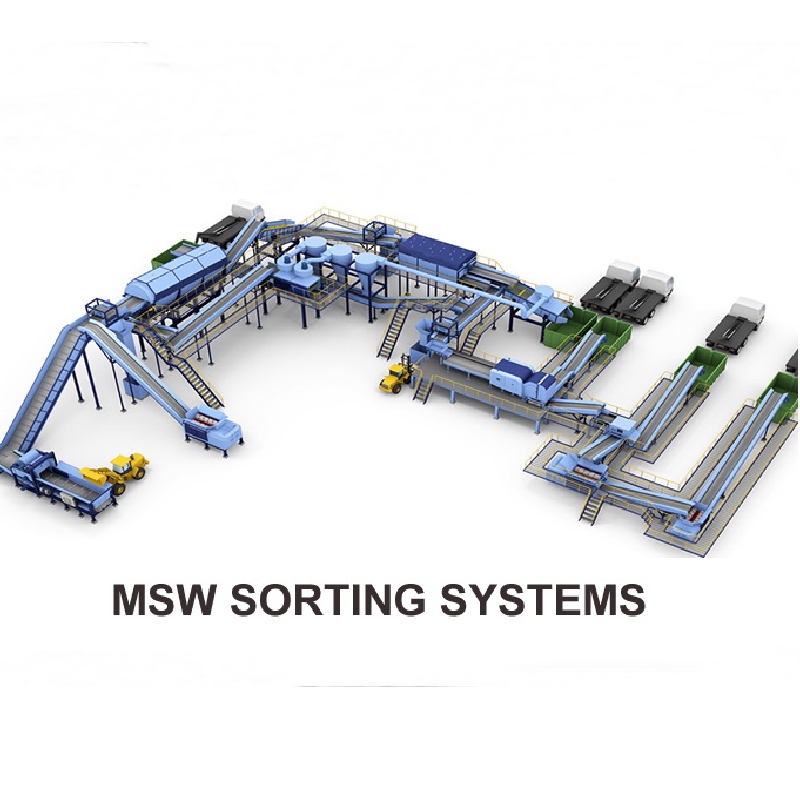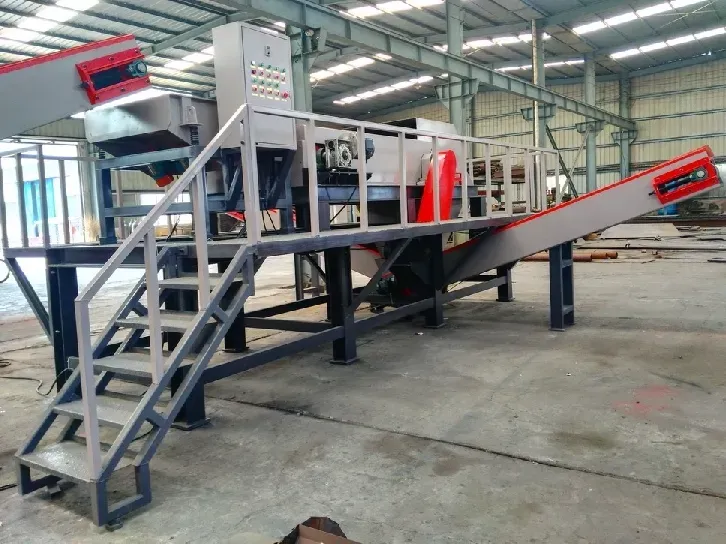Hammer mill crushers are powerful tools used in various industries to crush and grind materials into smaller particles. These versatile machines have a multitude of applications, ranging from mining and construction to food processing and agriculture. Understanding their unique characteristics, functionality, and benefits is key to appreciating their role in advancing industrial efficiency.

The hammer mill crusher operates on the principle of impact. Material is fed into the machine where it is subjected to high-speed rotary hammers. These hammers are in constant rotation, striking the material and forcing it against a breaker plate. The impact from the hammers combined with the pressure against the hard surface quickly shatters and reduces the material into smaller, more manageable pieces.
One of the defining traits of the hammer mill crusher is its sheer power and ability to handle a significant workload. Its design allows it to process a variety of materials, including limestone, coal, quartz, calcium carbonate, and even fibrous materials like corn stalks. This versatility makes the hammer mill crusher a favorite among industries that require bulk processing capabilities.

Customization is another critical benefit of hammer mill crushers.
These machines can be tailored to fit specific industry needs. For instance, the size of the screen can be adjusted to produce different output sizes, from coarse to fine. Additionally, they can be engineered with varying hammer configurations and cutting edges to optimize for specific material types and desired outcomes.
From an economic standpoint, hammer mill crushers are cost-effective solutions. Their ability to process a vast range of materials with minimal maintenance requirements results in reduced operational costs over time. Furthermore, they are highly efficient at energy utilization, ensuring that power consumption is kept to a minimum while maximizing output capabilities.
Durability is a hallmark of hammer mill crushers. Constructed from robust materials such as manganese steel and reinforced with wear-resistant coatings, these machines are built to withstand the harshest working conditions. The longevity of their components ensures that factories and processing plants experience minimal downtime, which is crucial for continuous productivity.
hammer mill crusher
Moreover, hammer mill crushers contribute to environmental sustainability. By enabling the recycling of materials and reducing waste, they support eco-friendly practices across industries. For example, in agriculture, they facilitate the reprocessing of biomass into usable energy sources, thus promoting circular economic models and reducing reliance on fossil fuels.
While the mechanical prowess of hammer mill crushers is apparent, their operation necessitates expertise. Operators must understand the specificities of the machine to ensure safety and optimal performance. Proper training and maintenance routines are essential to avoid operational hazards such as clogging, overheating, or unexpected shutdowns.
The authoritative significance of hammer mill crushers extends into their development and innovation. Leading manufacturers invest heavily in research and development to continuously improve the technology. Such advancements focus on enhancing efficiency, reducing noise pollution, and lowering emission levels—critical factors that resonate with global industrial standards and regulatory compliance.
Selecting a reliable hammer mill crusher also hinges on the credibility of the manufacturer. Trustworthiness in this context means opting for a manufacturer with a proven track record of delivering superior products backed by thorough customer support. Companies with certifications and affiliations with professional bodies usually adhere to the highest industry standards, ensuring that their products are both safe and effective.
In conclusion, the hammer mill crusher is an indispensable component of modern industrial processes. Its combination of power, versatility, and efficiency makes it an essential investment for businesses aiming to enhance their production capabilities while adhering to rigorous environmental and safety standards. By understanding the full scope of its capabilities and maintaining a focus on expert operation, industries can leverage this powerful equipment to drive sustainable growth and innovation.


